
History textbooks zoom in on the major events—wars, kings, revolutions—but they don’t always highlight the weird, fascinating details that make the past truly unforgettable. These little-known tidbits are the ones that make you say, “Wait, what?!” So, let’s take a look at 20 hidden historical facts that might’ve slipped past you in class.
Wu Zetian Was The Only Woman To Ever Rule China
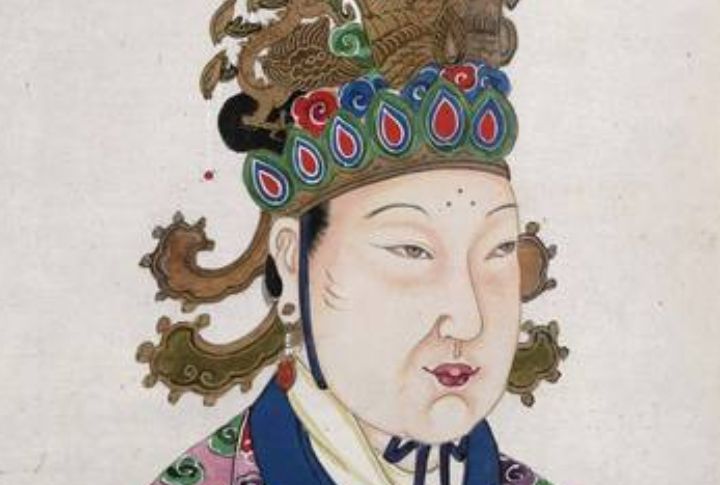
Empress Wu Zetian’s rise to power in 690 AD is unparalleled in Chinese history. As the only woman to ever hold the title of Emperor, she controlled the Tang Dynasty for 15 years. Her reign defied norms, leaving a lasting impact on China’s political background.
The U.S. Once Had A National Anthem Dispute

Before “The Star-Spangled Banner,” “Hail Columbia” was a popular contender for the U.S. national anthem. Written in 1798, it served as a patriotic song until the 1810s, when Francis Scott Key’s lyrics gained prominence, eventually altering America’s anthem identity.
Cleopatra Was Not An Egyptian

While Cleopatra is often associated with Egypt, her lineage was Greek, descending from Ptolemy I, a general of Alexander the Great. This fact clarifies her heritage and reveals a complex mix of Greek, Egyptian, and Roman influences that shaped her rule.
The Oldest Known Map Shows Ancient Babylon
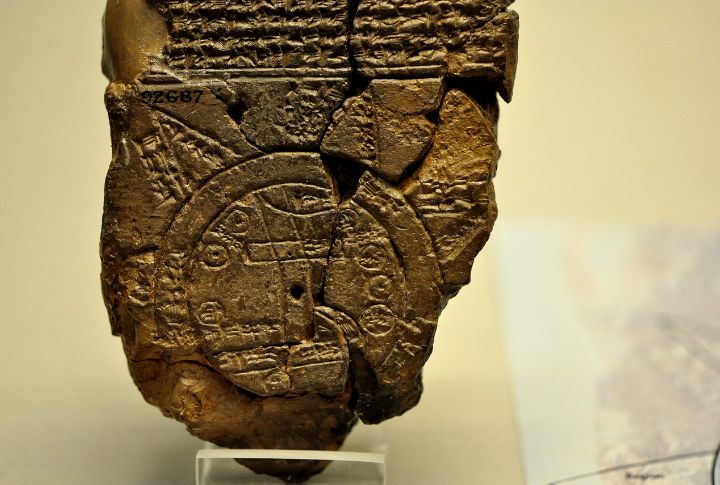
The Babylonian World Map, created in the 6th century BCE, remains one of the oldest surviving maps. Depicting the known world of its time reveals how ancient Babylonians viewed their environment. Intriguingly, the map showcases a symbolic, rather than accurate, depiction of geography.
Viking Women Had Remarkable Power And Freedom
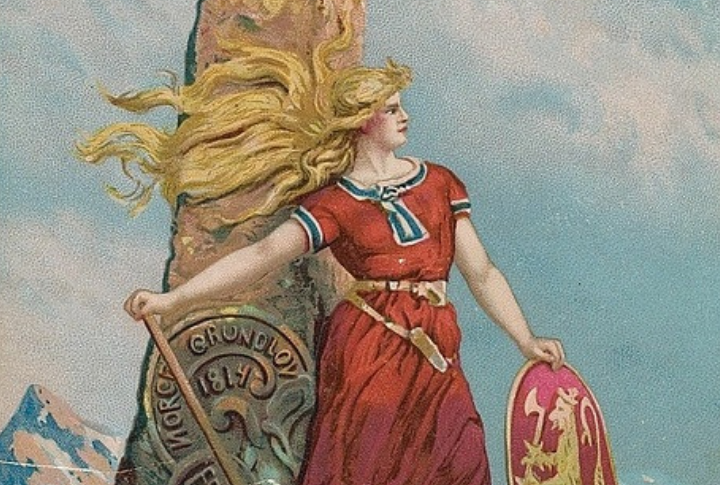
Viking women enjoyed remarkable freedom, owning property and initiating divorces. Unlike many other ancient societies, Viking women wielded significant power, making the Viking Age one of the few periods where gender equality had a notable foothold in Europe.
The United States Of Belgium Was Short-Lived
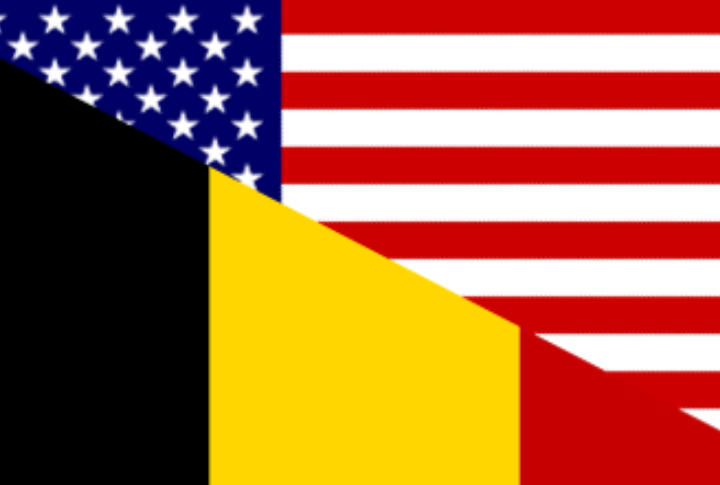
In 1790, a failed experiment in governance occurred when the United States of Belgium declared independence, briefly establishing itself as a republic. After 11 months of existence, Austrian forces quickly squashed the rebellion, marking it as a footnote in European revolutionary history.
The Word “Computer” Originally Meant A Human
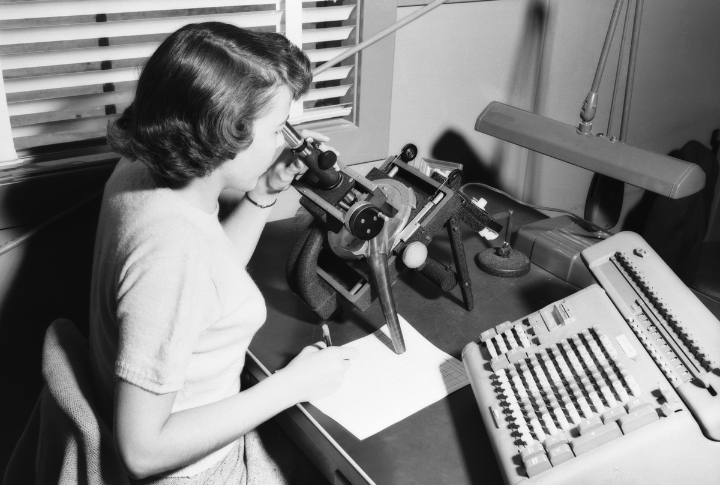
The word “computer” wasn’t always associated with machines. In the 17th century, it referred to humans who performed calculations. Only in the 20th century did the term shift to describe electronic devices. Such a shift highlights the evolution of both language and technology.
The Great Emu War In Australia Ended In Failure

Australian farmers waged war on emus in 1932 after the large birds destroyed crops. The government deployed soldiers with machine guns to curb the bird population. However, emus evaded gunfire with speed, leaving the military defeated.
The First Person To Circumnavigate The Globe Was A Slave

Enrique of Malacca, a slave aboard Ferdinand Magellan’s expedition, is believed to have been the first person to circumnavigate the globe. However, there are no records to confirm this except a few historians who believed in his expedition.
The U.S. Has Had Five Presidents Named John
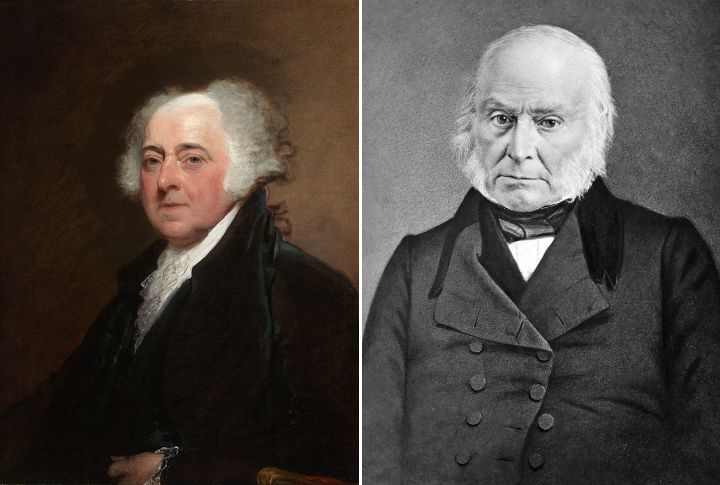
While John F. Kennedy is the most famous, he was not the only U.S. president named John. John Adams and John Quincy Adams, among others, also served in the highest office. These namesake presidencies highlight the deep historical significance of family dynasties in American politics.
Napoleon Was Once A Hero In Italy
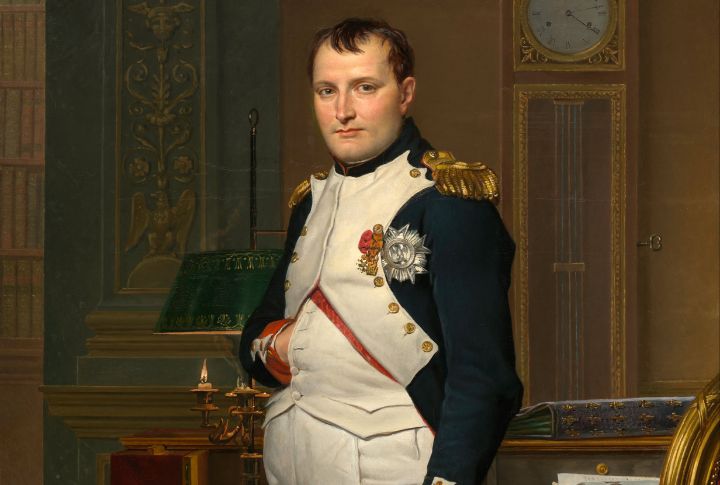
Before rising to fame in France, Napoleon Bonaparte was viewed as a hero in Italy. He led military campaigns that helped free northern Italy from Austrian rule, gaining local support and paving the way for his future dominance over Europe.
The French Revolution Was Sparked By The Economic Crisis
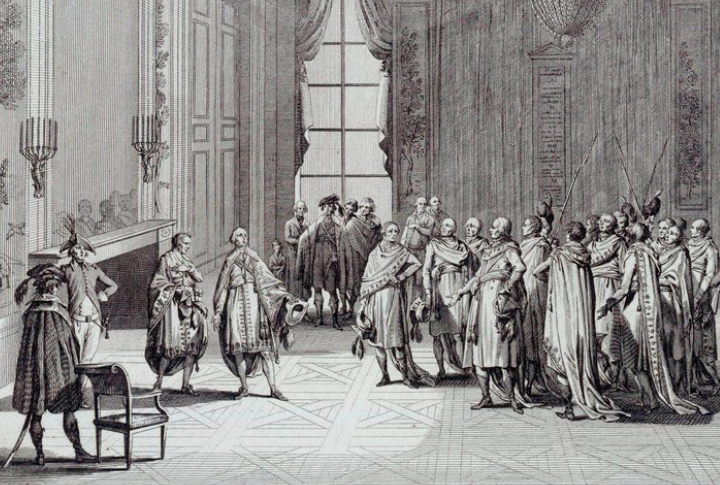
France’s crushing debt and disastrous crop failures created widespread famine. These dire economic conditions sparked the French Revolution. Hence, the common people revolted against an out-of-touch monarchy and the aristocracy’s excess.
Ancient Greeks Played Ball Games Like Soccer
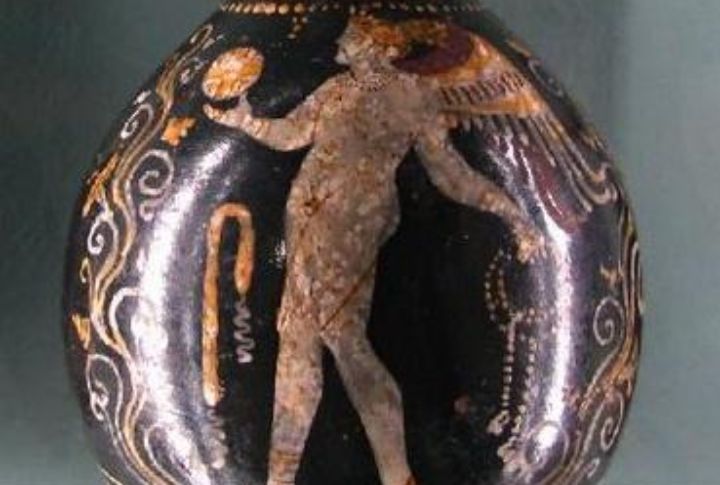
Long before modern football, the ancient Greeks played “Episkyros,” a ball game similar to soccer. Played by two teams on a field, the aim was to advance the ball past the opponents’ line. It’s a surprising link between ancient and modern team sports.
The Sinking Of The Titanic Was Kind Of Predicted
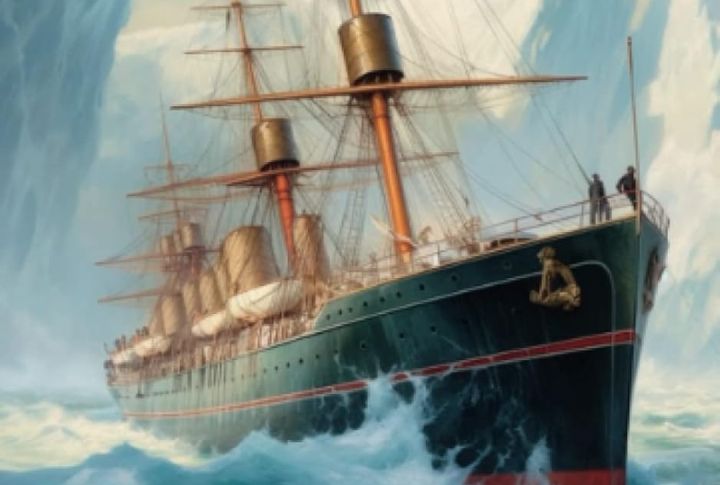
In a strange twist of fate, Morgan Robertson’s 1898 novella “Futility” resembled the sinking of the Titanic. His fictional ship, The Titan, struck an iceberg and sank—down to the details of insufficient lifeboats and an overconfident crew.
The Underground Railroad Was A Secret War For Freedom
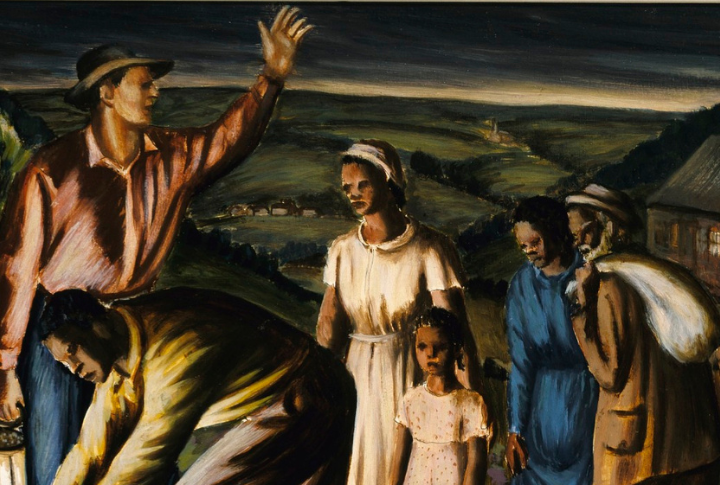
The Underground Railroad was not just a network of safe houses; it was an intricate, secretive operation spanning several states. Led by brave abolitionists and former slaves, it helped thousands escape enslavement. Interestingly, its hidden nature often keeps its true significance in the shadows.
New Jersey Once Allowed Women To Vote In The U.S.
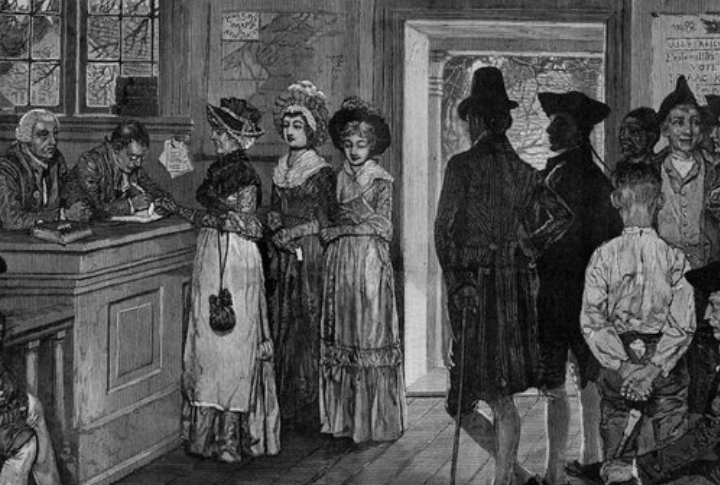
New Jersey passed a law in 1776 allowing property-owning women to vote. In a rare moment of early feminist history, the first woman from New Jersey was allowed to vote in the U.S. before 1807. This legal anomaly was soon reversed, but the early attempt was groundbreaking.
The Great Fire Of London Started In A Bakery

The Great Fire of London in 1666 started in a small bakery on Pudding Lane. The blaze quickly spread, engulfing much of the city and destroying thousands of homes and buildings. Despite the devastation, the fire led to major urban reforms that shaped modern London.
All Of Shakespeare’s Plays Were Performed By Men

During Shakespeare’s era, women were banned from acting, so young boys played all female roles. It was a tradition in Elizabethan theater that made imagining these performances even more fascinating. The all-male cast dynamic adds a unique layer to the performances.
The Eiffel Tower Was Almost Demolished After 20 Years
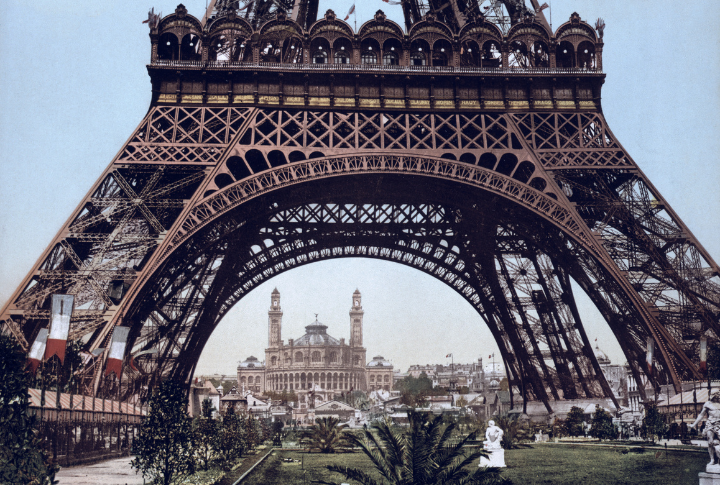
Initially intended as a temporary structure for the 1889 World’s Fair, the Eiffel Tower was almost dismantled in 1910. Its survival was secured thanks to its usefulness as a giant radio antenna. Today, it stands as one of the most iconic landmarks in the world, saved by technology’s growth.
Gertrude Was The First Woman To Swim Across The English Channel
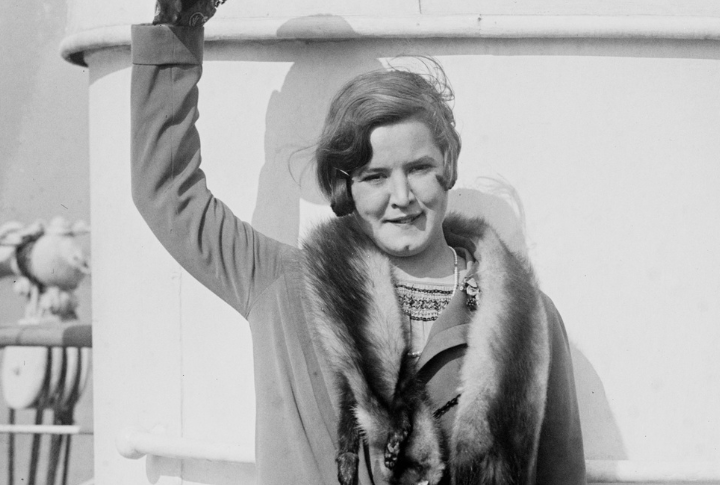
In 1926, Gertrude Ederle, an American swimmer, became the first woman to swim across the English Channel. She was the fastest swimmer at the time, and she completed almost a 35-mile swim (21-mile route detoured by storms) in 14 hours and 31 minutes, breaking both records and gender expectations.

